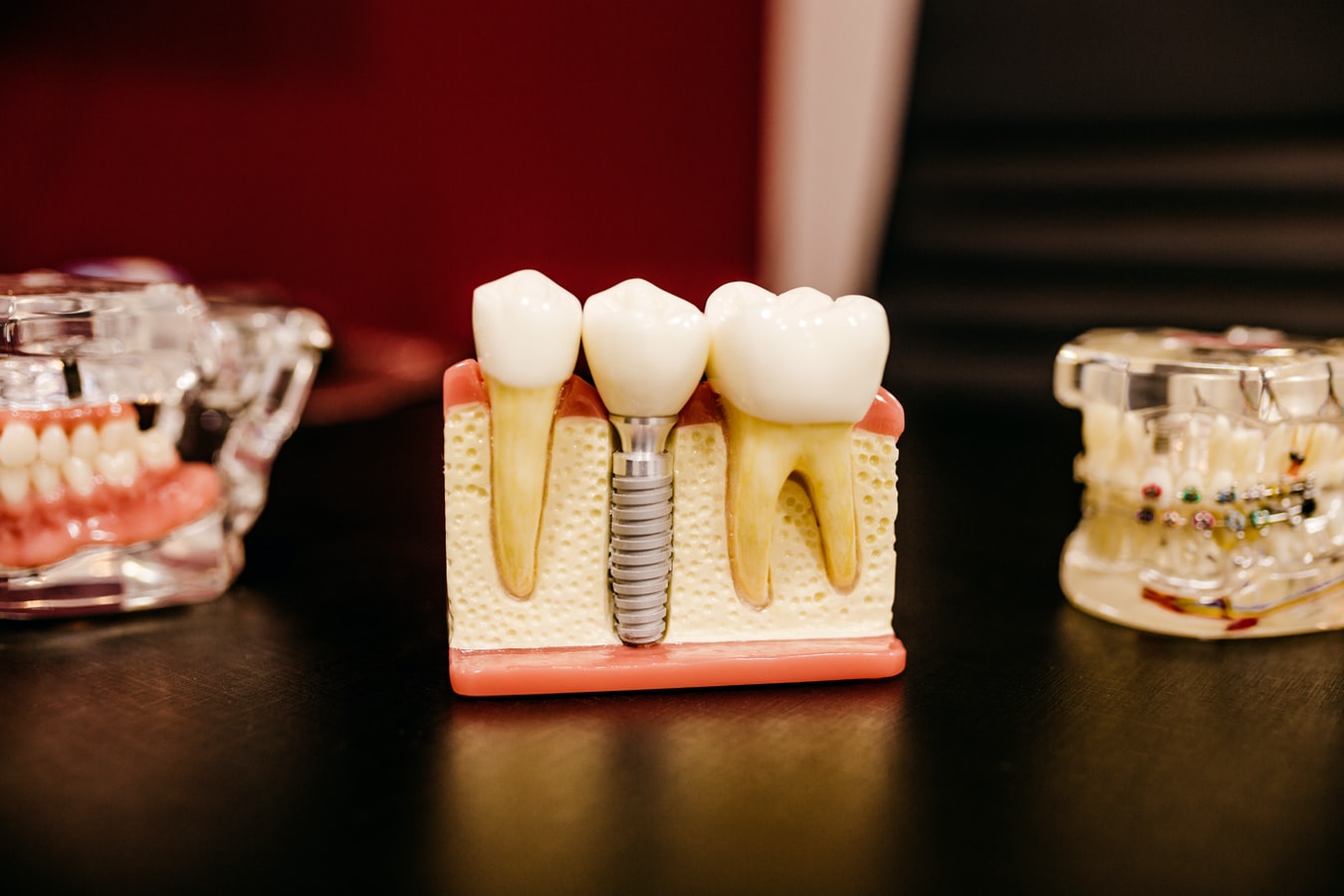For any individual, losing a tooth is a huge deal. The reasons for tooth loss can be gum disease, tooth decay, or oral trauma. But, despite the reason, it’s crucial to have the missing teeth replaced, as each tooth plays a significant role. One standard procedure for tooth replacement in Lifetime Family Dental – Kaysville Dentist is a dental implant. People prefer dental implants over other alternative methods because of their natural-looking appearance and durability.
And, like other dental procedures, dental implants come in two forms: mini dental implants and standard implants. So, are mini dental implants any good? To answer this question, it’s essential to know everything you can about these implants. Let’s dive in.
What are Mini Dental Implants?
Mini dental implants are small implants that do not require complete embedment into the jawbone. They are a single solid piece with a 3mm diameter that fastens into your jawbone. The mini dental implants consist of two parts for easy attachment: a socket and a titanium post, which embed the tooth and attach to your jaw. They resemble traditional dental implants but are smaller in size.
With a diameter size of 3mm, these implants can replace various types of teeth. They can be an excellent alternative to fixed crowns, dentures, bridges, and even loose arch dentures.
How are Mini Dental Implants Placed?
The procedure for placing mini dental implants is quite similar to the technique used in placing regular implants. The first step of the process is administering an anesthetic to the patient’s surgical sites. Once the anesthetic takes effect, incisions are made into the gums, thus exposing the jawbone. The dentist then drills into the bone and places the mini implants. Once the implants are secure, the area around the implants is stitched. This leaves a small portion of gum exposed, enabling you to heal.
Once your gum has healed, your dentist then proceeds to create your permanent teeth. Creating permanent teeth involves taking impressions of your mouth. From the imprints, your dentist can then design and fabricate new teeth. Once the teeth are ready, they can then be fixed in place.
What is the Difference between Traditional Implants and Mini Dental Implants?
Despite both being dental implants, there are several significant differences between the two options. These differences are:
- Traditional dental implants compromise two pieces with different diameter sizes of 3.25 to 5mm. These two pieces are inserted into the missing teeth bone socket using an external screw. A mini dental implant is a single solid piece with a 3mm diameter that fastens into your jawbone.
- Mini implants are smaller compared to regular implants. And, because of their size, these implants can be used to replace smaller teeth.
- The cost of mini implants is less compared to traditional dental implants.
- Because mini dental implants are small, the surgical procedure is less invasive, and it also comes with a shorter recovery period.
- Traditional dental implants are more stable and durable, unlike mini implants.
Advantages of Mini Implants
Some benefits of mini implants include:
No Bone Grafts
Regular dental implant procedures often require the use of a bone graft, especially if your bone isn’t strong enough for the process. But, with mini dental implants, you don’t require the use of a bone graft. This helps save you time and money.
Less Discomfort
The placement procedure for mini implants is less invasive. With a less invasive procedure, you experience minor discomfort, pain, and soreness. It also means that your gums and bone tissue will experience minor disturbance, ensuring you don’t require painkillers or OTC medication.
Convenience
It takes only one session to complete an entire mini implants procedure. However, it also takes a few hours for you to eat normally after the procedure.
Disadvantages of Mini Dental Implants
Like any dental procedure, mini dental implants also have several disadvantages like:
Teeth Grinding
For teeth grinders, mini implants may not be an excellent choice, as you can damage and wear down your teeth prematurely.
Vertical Bone Necessity
While mini implants don’t require many bones to support your teeth, you still need several bones to support the implants. If the procedure isn’t done correctly, you may end up experiencing bone loss.
If you’re looking to replace your missing teeth, mini dental implants are an excellent option. However, there won’t be a perfect fit for anyone with no jawbone space. But, it would help if you talked to your dentist, as they can advise you on the course of action to take.

